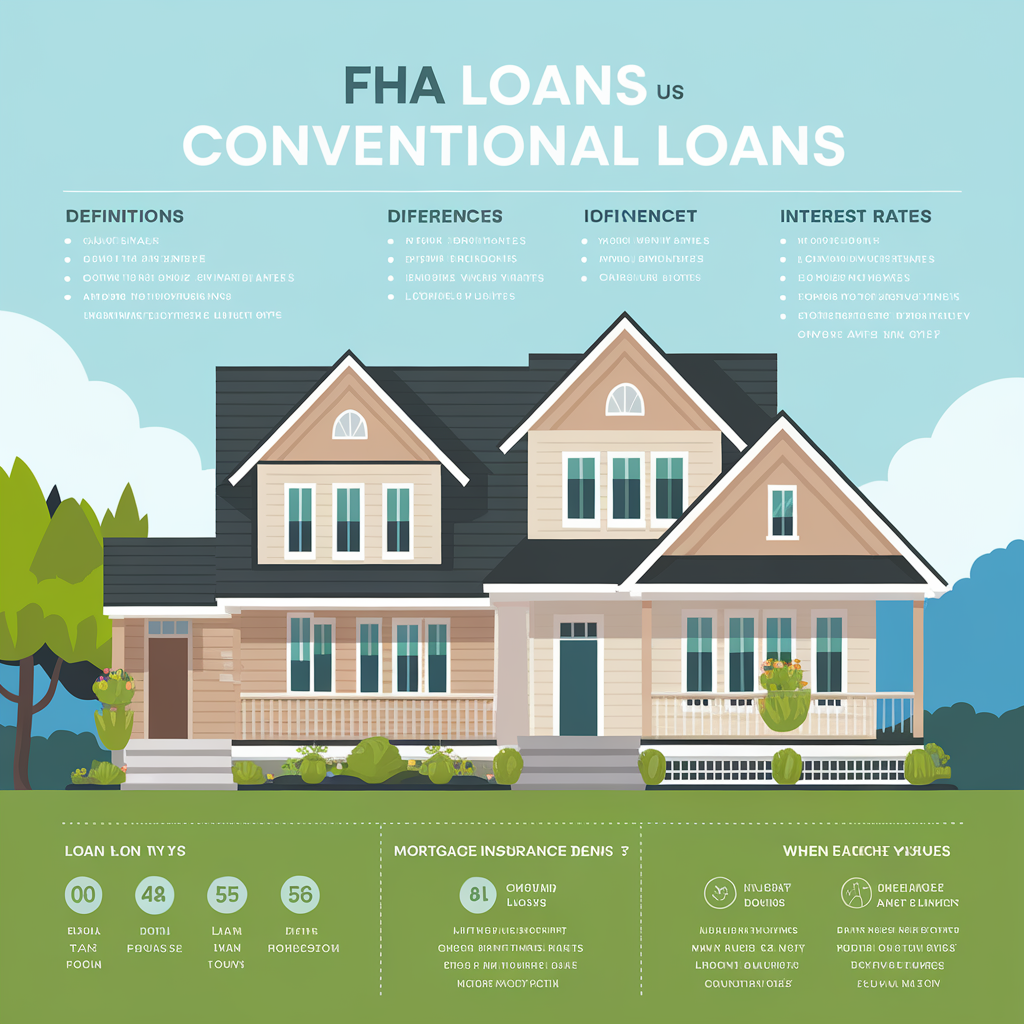Certainly! Here is the text formatted for a WordPress website with heading tags and paragraph tags:
How Does a CD Work?
A certificate of deposit (CD) is a popular financial tool that allows individuals to earn interest on their savings over a fixed period. In this comprehensive guide provided by O1ne Mortgage, we will delve into the workings of CDs, their pros and cons, how interest rates are determined, different types of CDs available, and much more. If you’re considering investing in a CD or looking for ways to grow your savings, this blog will provide you with valuable insights to make informed decisions.
Important CD Terms to Know
Before investing in a CD, familiarize yourself with key terms such as term length, maturity date, interest rate, compounding, opening deposit, early withdrawal penalty, and interest rate risk. These terms will help you make informed decisions and maximize the benefits of your CD investment.
Pros and Cons of a CD
CDs offer a safe and low-risk investment option with guaranteed returns, making them ideal for individuals looking to earn more on their savings. However, CDs may have limitations such as minimum opening deposits, early withdrawal penalties, and modest returns compared to higher-risk investments. Understanding the pros and cons will help you determine if a CD aligns with your financial goals.
How Much Interest Will I Earn With a CD?
CD interest rates vary among financial institutions, and the amount of interest you earn depends on factors such as the rate, maturity length, and investment amount. By comparing different CD rates and terms, you can estimate the potential interest earnings on your investment.
How Are CD Rates Determined?
CD rates are influenced by the federal funds rate set by the Federal Reserve. Financial institutions use this benchmark rate to determine their lending rates and APYs for CDs. Shopping around and comparing APYs from different providers can help you secure competitive rates for your CD investment.
Types of CDs
There are various types of CDs available, including traditional CDs, high-yield CDs, bump-up CDs, step-up CDs, no-penalty CDs, jumbo CDs, and IRA CDs. Each type offers unique features and benefits, allowing investors to choose the option that best suits their financial objectives.
Is It a Good Time to Get a CD?
The optimal time to invest in a CD is when interest rates are high, as it can help you earn more on your savings. Monitoring the federal funds rate and economic trends can guide your decision on when to open a CD to maximize returns.
Who Should Get a CD?
CDs are suitable for individuals seeking a low-risk investment option with stable returns. Assessing your financial situation, goals, and risk tolerance will help determine if a CD is the right choice for you. Understanding when a CD may be beneficial and when it may not align with your financial objectives is essential for making informed investment decisions.
How to Open a CD
Opening a CD involves considering different types of CDs, determining your investment amount, comparing offers from various providers, and funding your CD. By following these steps and understanding the CD laddering method, you can effectively manage your CD investments and maximize returns.
CD Alternatives
If a CD doesn’t meet your investment preferences, alternative options such as high-yield savings accounts, money market accounts, savings bonds, treasury securities, and low-risk stock investments can provide viable alternatives. Exploring these options can help diversify your investment portfolio and achieve your financial goals.
In conclusion, a certificate of deposit offers a secure and stable investment opportunity for individuals looking to grow their savings. By understanding how CDs work, their benefits and drawbacks, and exploring different types of CDs and alternatives, you can make informed decisions to enhance your financial well-being. If you’re considering investing in a CD or exploring mortgage services, contact O1ne Mortgage at 213-732-3074 to discuss your financial needs with our experienced team.

